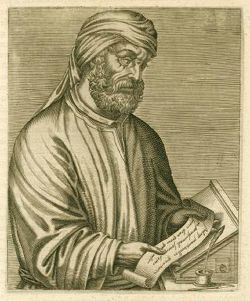Difference between revisions of "Info: Main Page" - New World Encyclopedia
From New World Encyclopedia
Svemir Brkic (talk | contribs) |
Svemir Brkic (talk | contribs) m (Update add title) |
||
| (12 intermediate revisions by the same user not shown) | |||
| Line 6: | Line 6: | ||
<div class="row"> | <div class="row"> | ||
<div class="col-sm-8"> | <div class="col-sm-8"> | ||
| − | |||
| − | |||
| − | |||
<div class="card mb-2"> | <div class="card mb-2"> | ||
{{Box article selector|Featured}} | {{Box article selector|Featured}} | ||
| Line 24: | Line 21: | ||
</div> | </div> | ||
</div> | </div> | ||
| − | <div class="card" style="margin-top:10px | + | <div class="card" style="margin-top:10px"> |
| − | <div class="card-body" style="padding: | + | <div class="card-header">Advertisement</div> |
| + | <div class="card-body" style="padding:0.9rem 0 0 0.9rem"><impact>freestar</impact></div> | ||
</div> | </div> | ||
<div class="card" style="margin-top:10px"> | <div class="card" style="margin-top:10px"> | ||
| Line 37: | Line 35: | ||
{{Public Info Links}} | {{Public Info Links}} | ||
<epsitelinks></epsitelinks> | <epsitelinks></epsitelinks> | ||
| + | <seo title="Research Begins Here" /> | ||
Latest revision as of 14:40, 8 December 2023
New World Encyclopedia integrates facts with values. Written by certified experts.
Featured Article: Tertullian
Tertullian (c. 155 – c. 220 C.E.) was a prolific early Christian author from Carthage in the Roman province of Africa. He was the first Christian author to produce an extensive corpus of Latin Christian literature. He was an early Christian apologist and a polemicist against heresy, including contemporary Christian Gnosticism. He promoted strict moral standards and celibacy not only for the priesthood but as the preferred lifestyle for spiritual growth.
Popular Article: Language

Cuneiform is the first known form of written language
Did you know?
"Raja Yoga" means "Royal Yoga" or the "King of the Yogas" (source: Raja yoga)
Advertisement
